Blog

Bibliotherapy: Pleasure Activism: The Politics of Feeling Good by adrienne maree brown
Pleasure is a life-enriching, natural, safe, and a liberated part of life. Our bodies are miracles, magic, and should be celebrated. This book explores many of the ways in which we have been socialized and marginalized, and how accessing and practicing pleasure is a road to liberation and freedom.
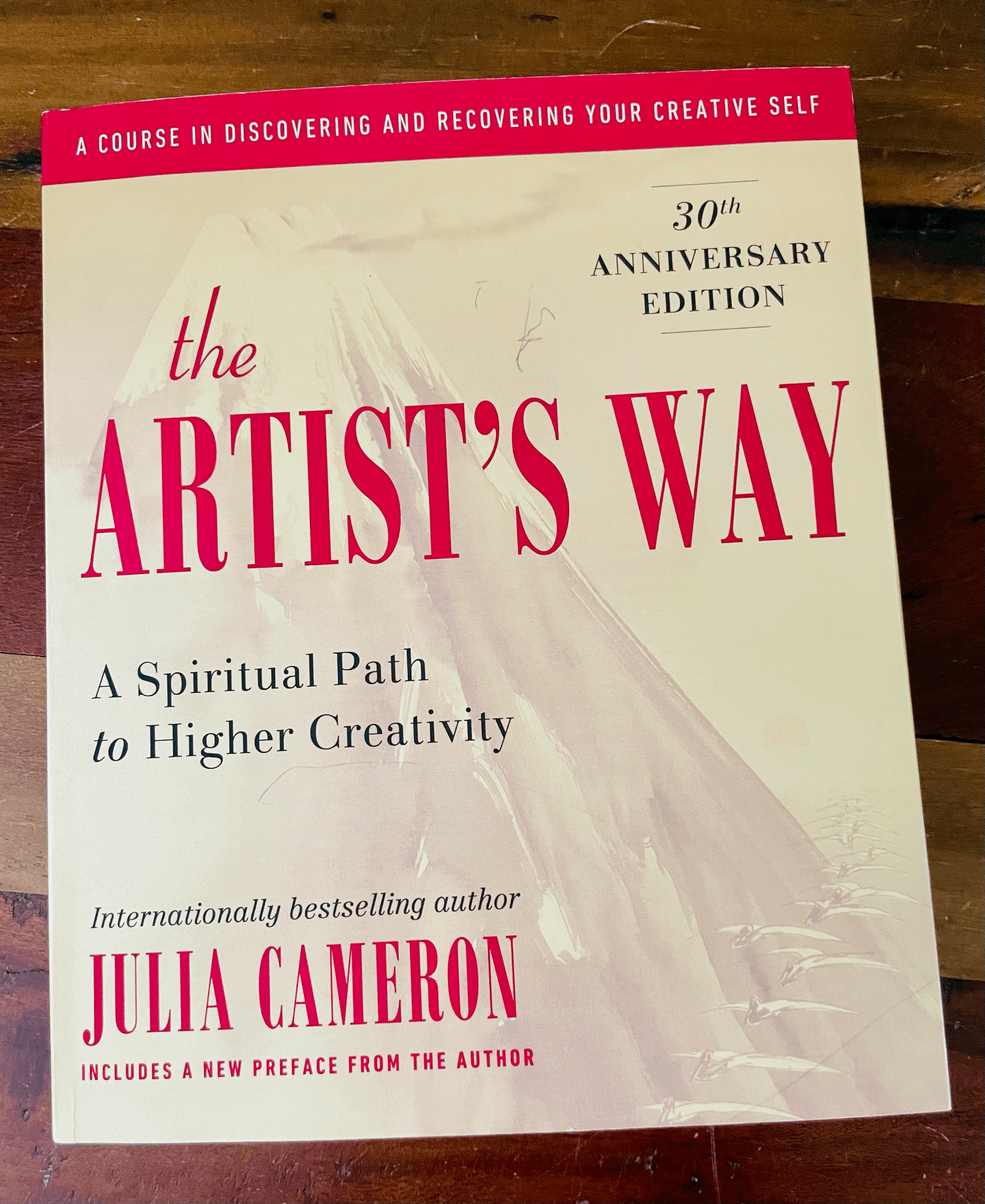
Bibliotherapy: The Artist’s Way: A Spiritual Path to Higher Creativity by Julia Cameron
Julia Cameron’s book, The Artist’s Way is a classic. It is designed as a 12-week course and guide of explorations to connect with your creative self. Cameron states that creativity is life energy, infuses all of life, is a gift from and to God, and that we are creations.

BIBLIOTHERAPY: The Anxious Generation: How the Great Rewiring of Childhood Is Causing an Epidemic of Mental Illness by Jonathan Haidt
Social Psychologist, Jonathan Haidt in his book, The Anxious Generation: How the Great Rewiring of Childhood Is Causing an Epidemic of Mental Illness gives strong support for a global cultural shift that happened for kids born after 1996, where free-play-based childhoods were replaced by phone-based childhoods and along with it the rates of mental health symptoms spiked. “Overprotection in the real world and underprotection in the virtual world” lead to an anxious generation.

Bibliotherapy: Magnificent Sex by Kleinplatz & Ménard
Peggy J. Kleinplatz, Ph.D. and A. Dana Ménard, Ph.D. in their book, Magnificent Sex: Lessons from Extraordinary Lovers share research and insights gathered from conducting interviews with extraordinary lovers. They realized there was much research on sexual dissatisfaction and dysfunction, but little evidence on magnificent sex. Here is what they learned from their Optimal Sexual Experiences Research:
Magnificent sex, “it can be life altering.”
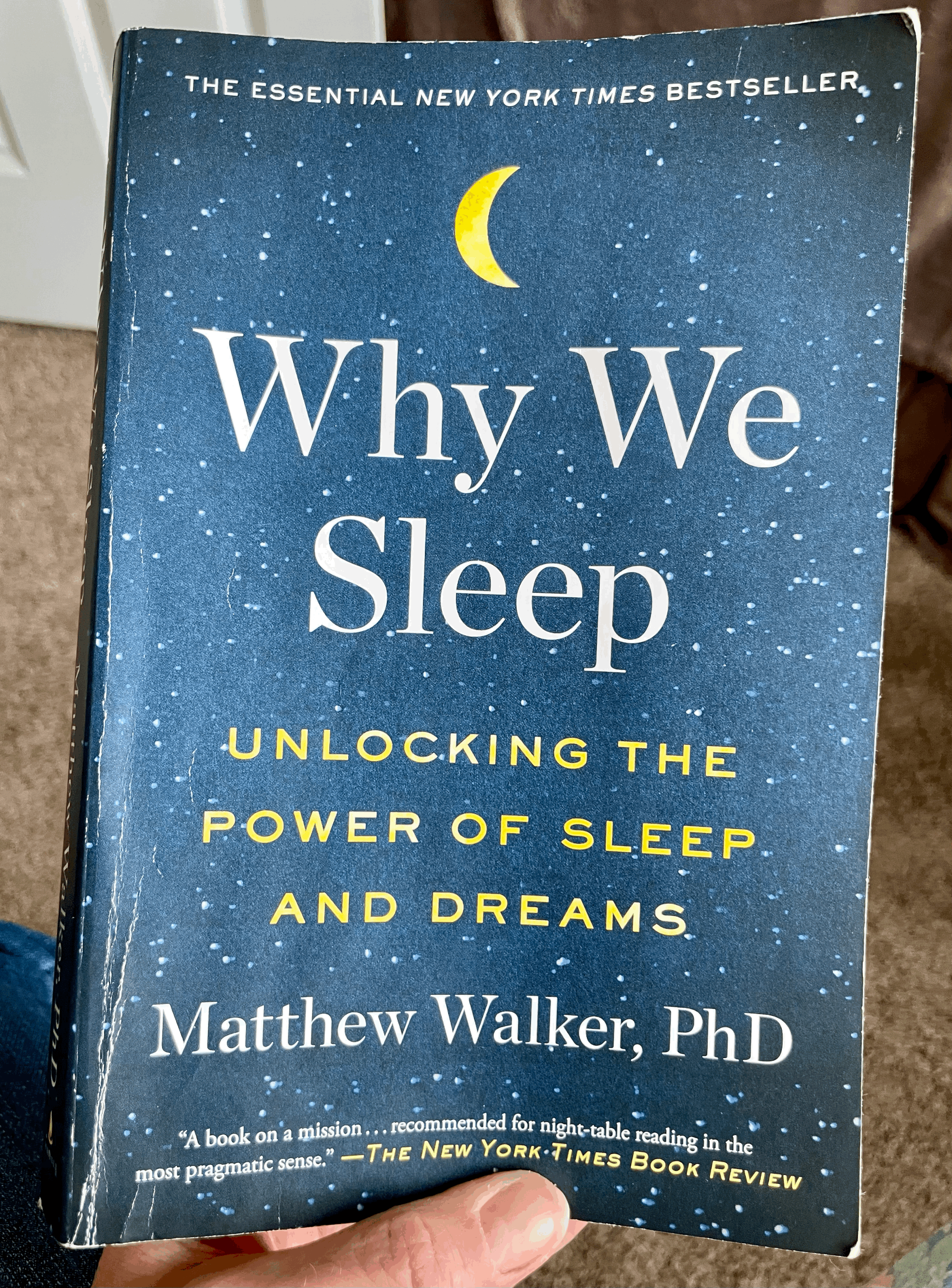
Bibliotherapy: Why We Sleep by Matthew Walker, PhD
I would highly recommend this book whether you’re an A+ sleeper, a parent, or struggle with sleep. Coriander Living Collective is here to support you in creating a life well lived, and sleeping well is a pillar of that! Reach out for a free consultation!

Bibliotherapy: The Chemistry of Calm by Henry Emmons, M.D.
“The Chemistry of Calm is intended as a guide to reclaiming your resilience, to moving from a state of stress, anxiety or fear to a place of calm, balance, and equanimity.” Dr. Emmons covers in his book his resiliency approach to health and calm. He’s an integrative psychiatrist that practices out of Minnesota.
As one of its core values, Coriander Living Collective believes in expansion and personal growth. Bibliotherapy is a great way to do that and so we share what we’re reading to support your healing journey. Enjoy!
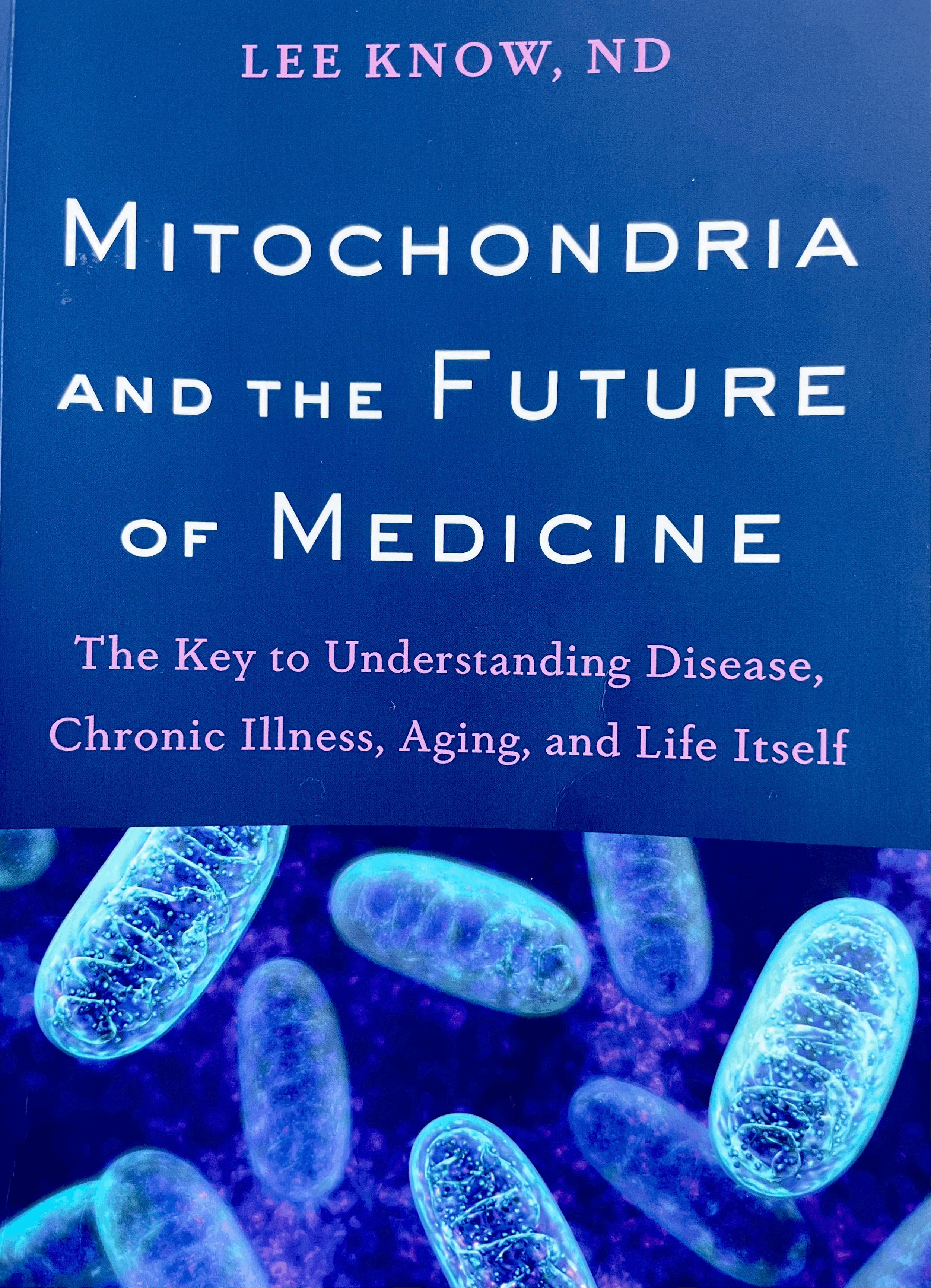
BIBLIOTHERAPY: Mitochondria and the Future of Medicine: The Key to Understanding Disease, Chronic Illness, and Life Itself by Lee Know, ND
Mitochondria and the Future of Medicine: The Key to Understanding Disease, Chronic Illness, and Life Itself is a comprehensive review of cellular biology and scientific evidence and yet he strives to make the complex content accessible.
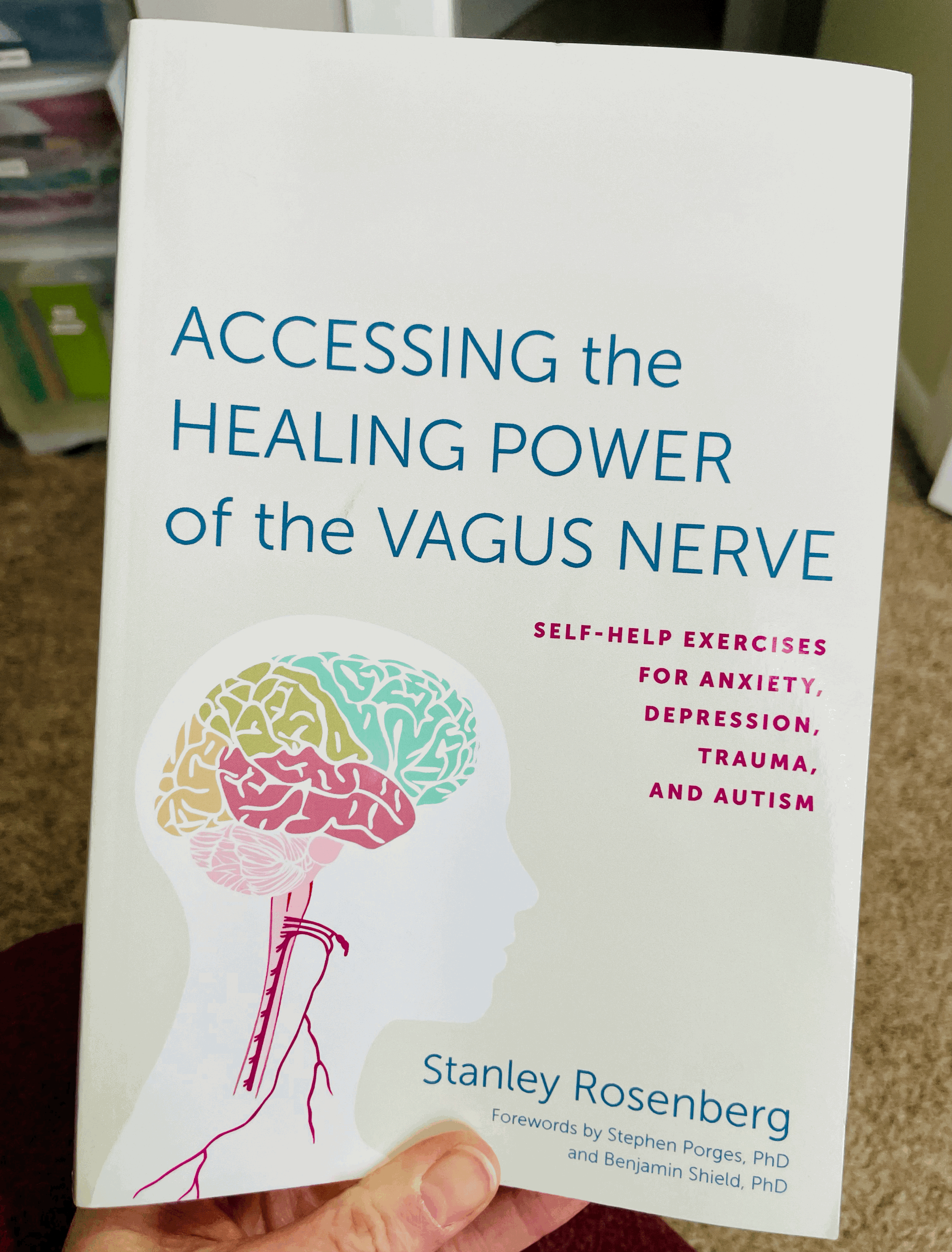
BIBLIOTHERAPY: Accessing the Healing Power of the Vagus Nerve: Self-Help Exercises for Anxiety, Depression, Trauma, and Autism by Stanley Rosenberg
Stanley Rosenberg is an expert cranial sacral and Rolfing bodyworker with over 30 years of experience. He wrote, Accessing the Healing Power of the Vagus Nerve: Self-Help Exercises for Anxiety, Depression, Trauma, and Autism as a practical guide to understanding cranial nerve function for psychological and physical well-being, building on Stephen Porges’s Polyvagal Theory.

Bibliotherapy: This Naked Mind: Control Alcohol by Annie Grace
Bibliotherapy: This Naked Mind: Control Alcohol by Annie Grace
In her book, This Naked Mind, Annie Graces aims to bring your unconscious programming around alcohol use into light, educate you on the dangers of alcohol, and eliminate your desire to drink.
Coriander Living Collective does not specialize in addiction treatment or recovery, yet substance abuse and use are dynamic and complex, psychotherapy and counseling could benefit your recovery. We would be happy to offer you a free consultation and resource connect. Just reach out!
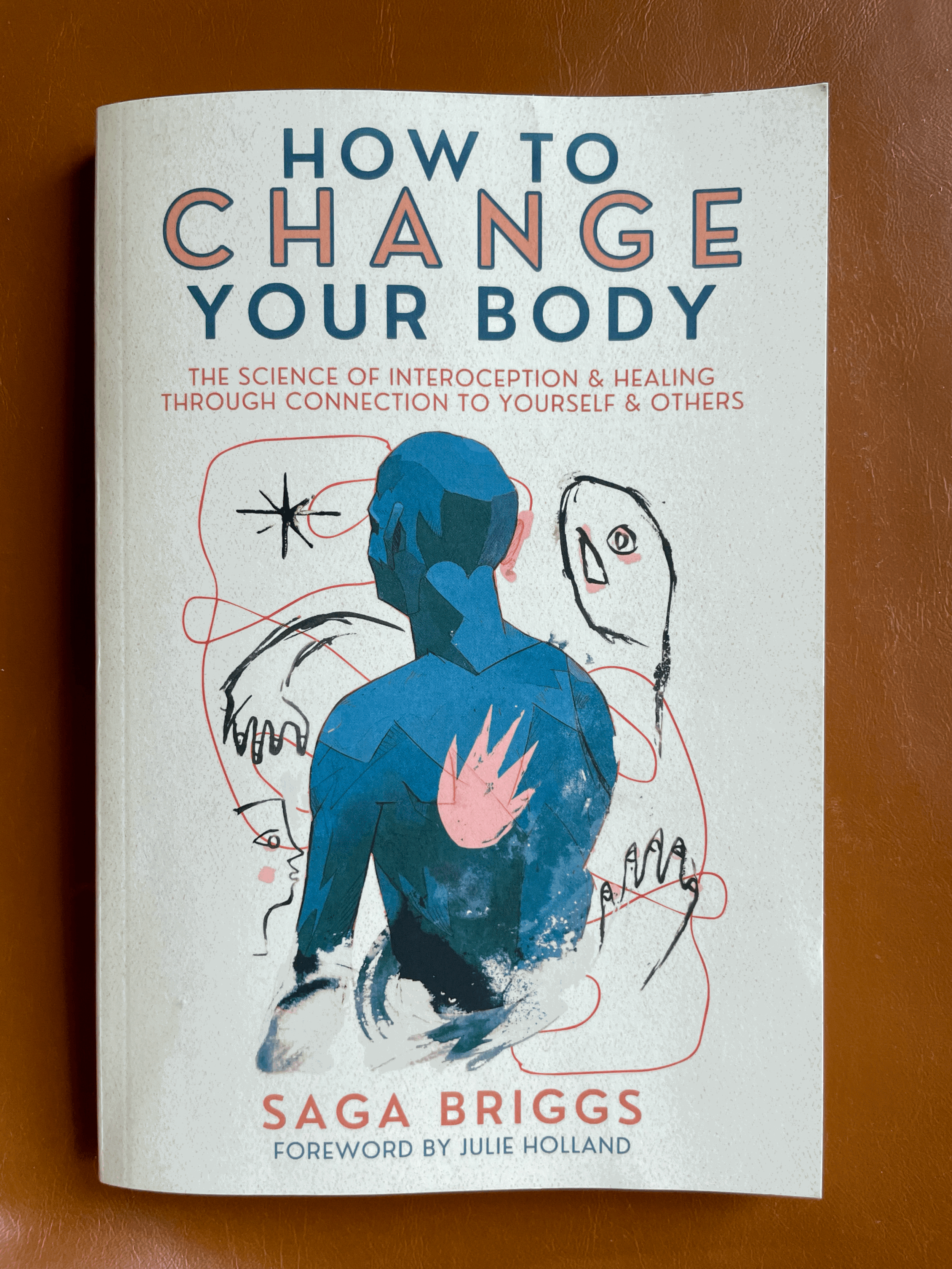
Bibliotherapy: How to Change Your Body: The Science of Interoception & Healing Through Connection to Yourself & Others by Saga Briggs
Most of us are aware of our five senses (touch, smell, sight, taste, hearing), but we also have proprioceptive (spatial), vestibular (movement), and interoceptive senses. Interoception is our awareness of our inner body sensations, our ability to monitor what we are sensing ie. hunger, pain, joy, etc. Saga Briggs in her book, How To Change Your Body, makes the argument that many mental health disorders are related to a dysregulated sense of interoception, impaired body awareness, low body trust, disconnection from bodily signals, and are interpersonal in nature.
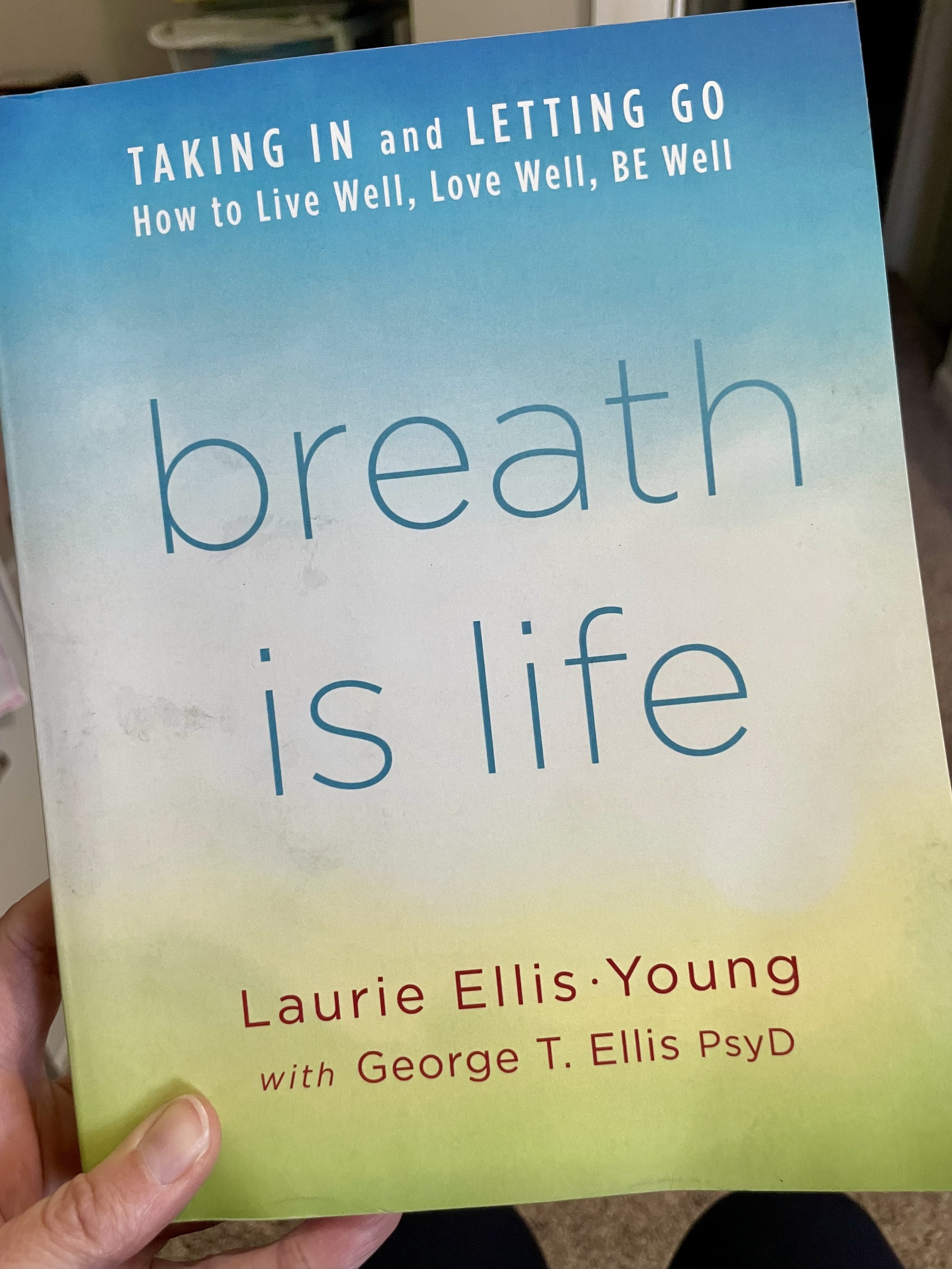
Bibliotherapy: breath is life by Laurie Ellis-Young
I heard about this book from one of the trainers in my Adler Graduate School, Working with Law Enforcement Course. I loved it! ♥️ I think most of us have a general sense that breathing is good for us! 😁 Ahha! As long as we are breathing, we are still living! I consciously use my breath as a tool in psychotherapy sessions to help clients regulate their breathing and nervous systems. Breath is one of our greatest tools to help manage our nervous systems and lives. I can tell that I will come back to this book over and over. It is rich with information and practical tools for a better life.

Bibliotherapy: LOVE SENSE: The Revolutionary New Science of Romantic Relationships by Dr. Sue Johnson
In Love Sense: The Revolutionary New Science of Romantic Relationships Dr. Johnson shares how “Love is vital to our existence” and highlights the research to support that statement. She expresses concern “A tsunami of loneliness, anxiety, and depression is sweeping through Western societies.” She states that love is not a mystery, that belief is a disservice and leaves us feeling helpless in romantic relationships, “What you understand you can maintain, repair, and even enhance.” She urges ”we have to learn to turn toward each other and reveal our fears and longings” and describes a process of interrupting and dismantling destructive sequences and then constructing emotionally open, receptive ones.
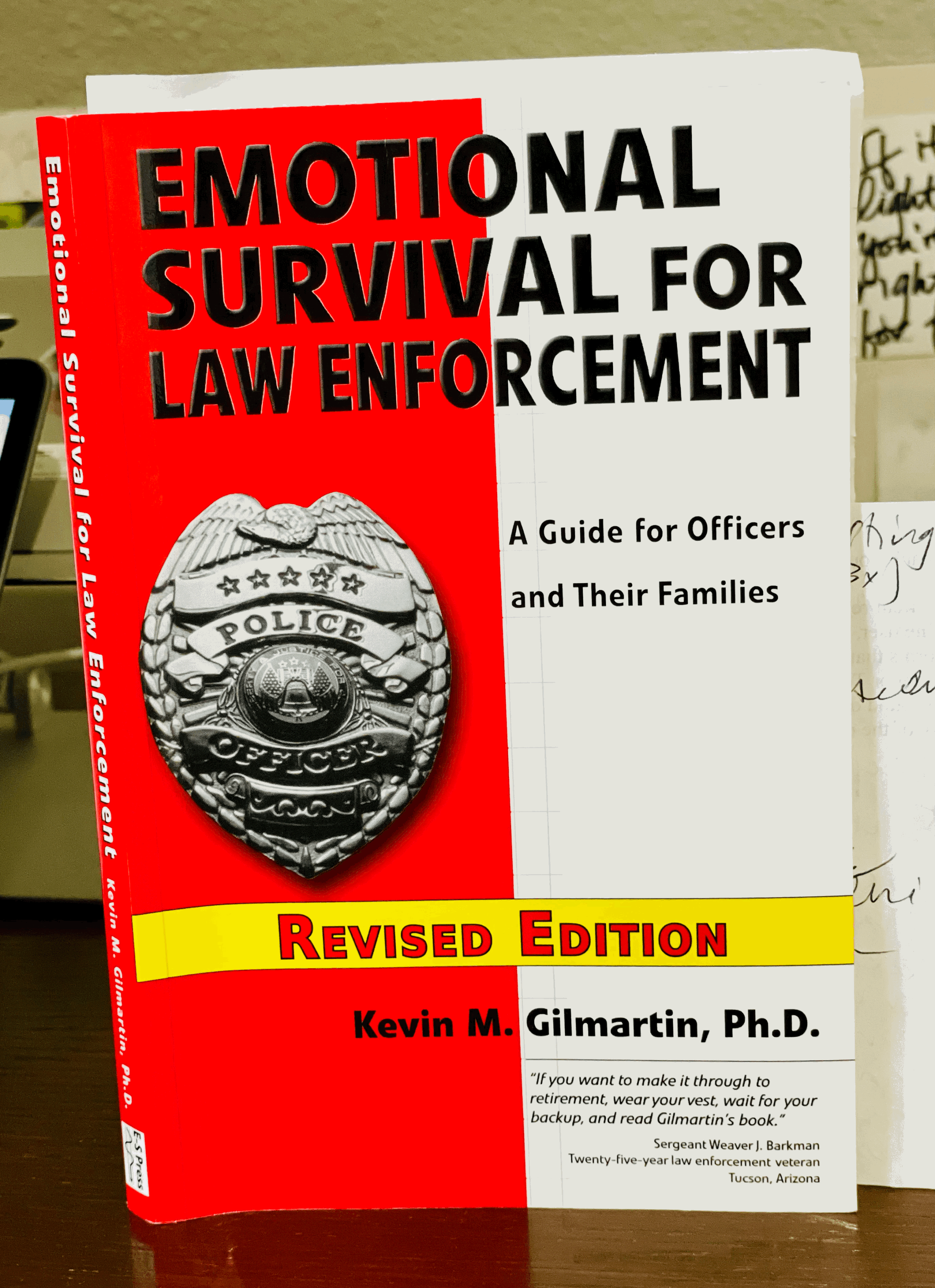
Bibliotherapy: Emotional Survival for Law Enforcement by Kevin M. Gilmartin
The last few years have been challenging for law enforcement agencies and officers (LEOs) across our country. LEOs deal with the “maddest, baddest, and saddest” constituents in society. LEOs have a high stress, high stakes job. They are trained and prepared for survival on the streets, but are given little if any training on emotional survival in this high risk role. The current national rates of suicide for LEOs are 2x that of the general population. In his book, Emotional Survival for Law Enforcement: A Guide for Officers and Their Families, police psychologist, Kevin M. Gilmartin states we need to “stop breaking cops.” His book encourages LEOs and their families to make self-directed decisions on how life can function and strategy implementation to insure emotional survival.

Are You an Allosexual? BIBLIOTHERAPY: ACE: What Asexuality Reveals about Desire, Society, and the Meaning of Sex
One of the core values of Coriander Living Collective LLC is EXPANSION! To move into feeling alive, space to heal what holds us back, to adventure, to change, and to grow.
The book, ACE: What Asexuality Reveals about Desire, Society, and the Meaning of Sex by Angela Chen challenges the idea of compulsory sexuality that pervades Western culture.
She makes the argument that if asexuality was better understood and accepted, in turn it would create sexual and romantic liberation for all.
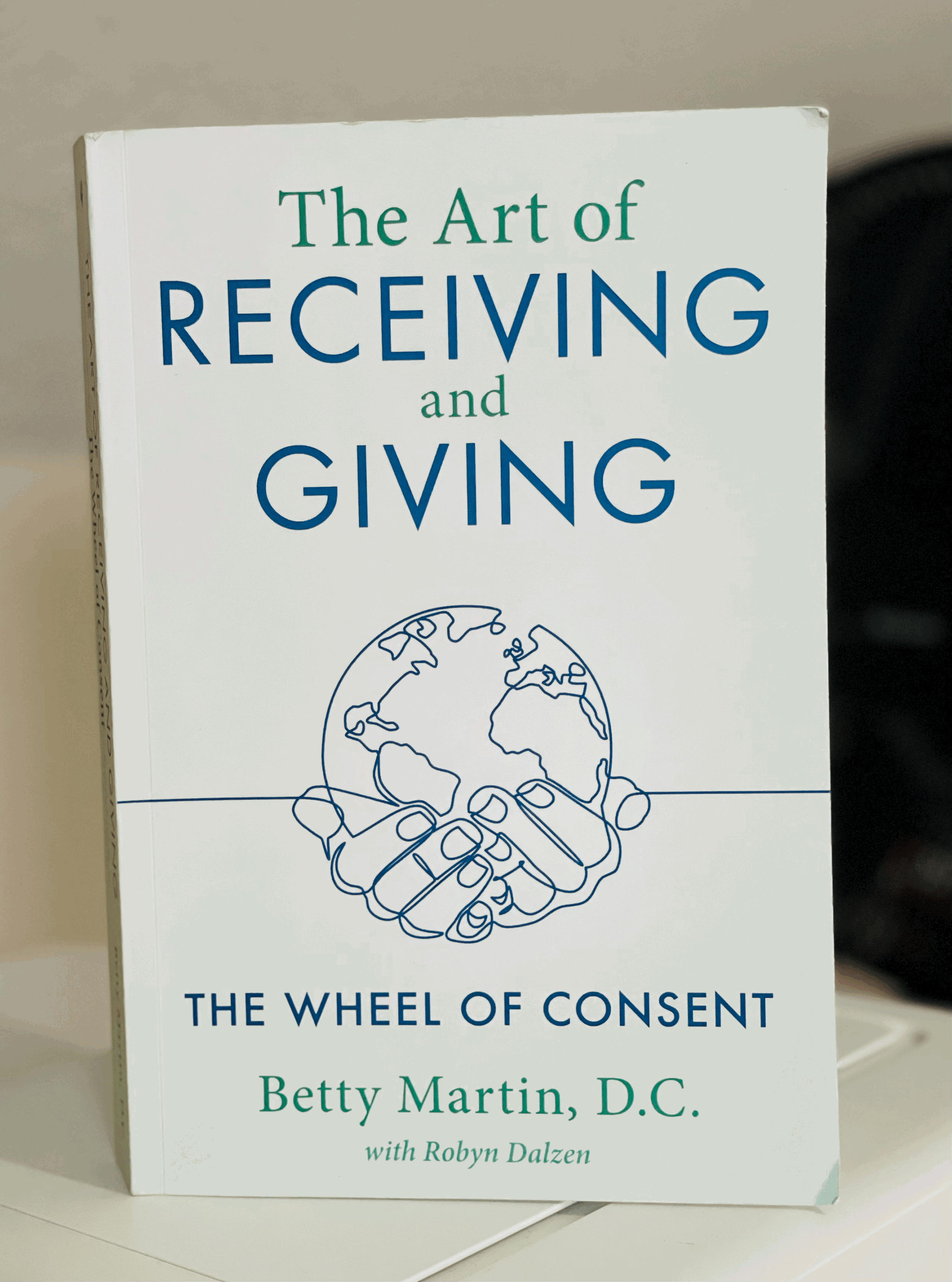
Bibliotherapy: The Art of Receiving and Giving: The Wheel of Consent by Betty Martin, D.C.
Due to conditioning, family and cultural expectations, and personal history, knowing what we want, how to express it, and holding clear boundaries can be a challenge for many of us.
Dr. Betty Martin has created the Wheel of Consent framework to help us learn about what we really want, empowering us to set limits, to create clear communication, and satisfaction in relationships. Her book, The Art of Receiving and Giving, is a framework that can heal trauma by empowering choice and voice.

Bibliotherapy: Living Untethered: Beyond the Human Predicament by Michael A. Singer
Many years ago, I read Singer’s The Untethered Soul and a few months ago, Singer’s new book Living Untethered: Beyond the Human Predicament showed up on the required reading list of my Open Floor Teacher Training. This book includes spiritual ideas and wonderful, provoking thoughts. It is about how to accept reality and the flow of life. He talks about acceptance as non-resistance; how we resist and cling to things, and how this creates suffering. Singer discusses how to live life free from the past. My favorite parts of this book were the chapters: The Origin of Matter, The Power of Creation, and It’s Not Personal. It was a comprehensive science lesson on evolution. These ideas landed for me like never before.
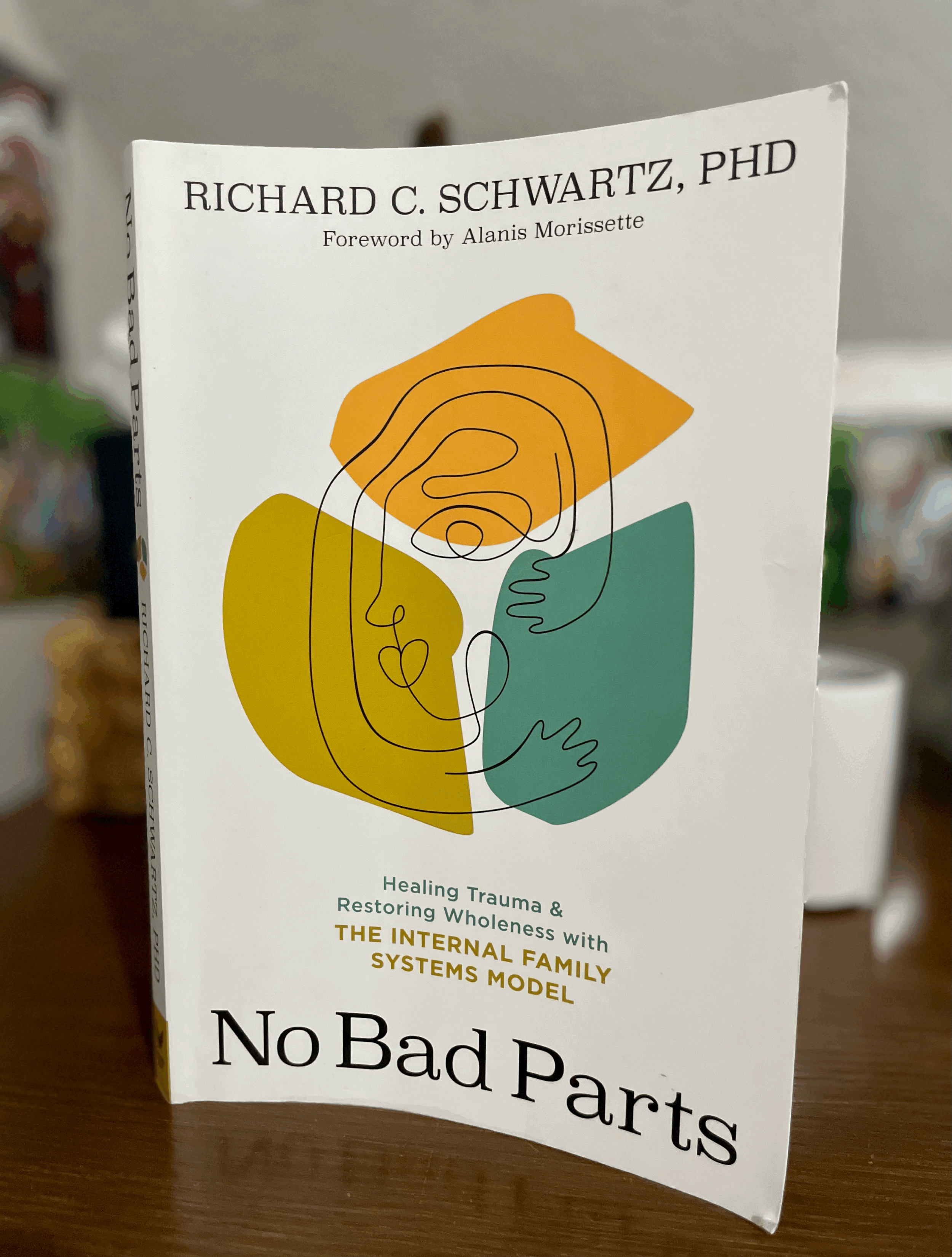
Bibliotherapy: No Bad Parts by Richard C. Schwartz, PhD
You know, I love bibliotherapy and that I’m committed to ongoing growth and learning! In the Brainspotting work I do, I incorporate parts work. It’s pretty easy to understand that we all have parts of self, some are protectors, exiles, or managers, some are childlike, adultlike, or wise ones, others are wild ones, destructive ones, you get the point. We’ve all got lots of parts and they are all self-created to serve certain purposes. In the healing world, Richard C. Schwartz’s Internal Family Systems Model (IFS) is becoming increasingly popular. I picked up his book, No Bad Parts to learn about his IFS Model.
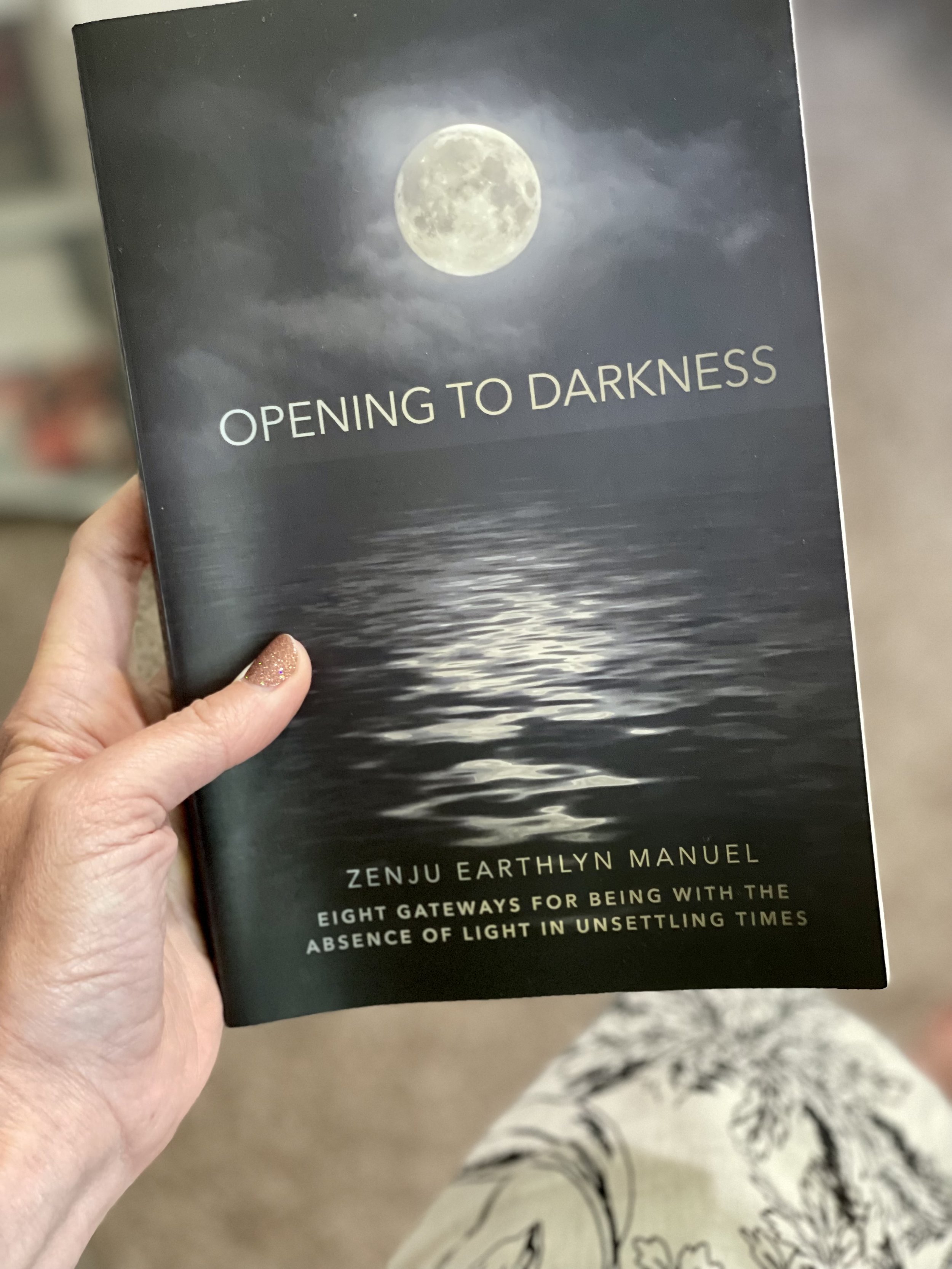
BIBLIOTHERAPY: Opening to Darkness by Zenju Earthlyn Manuel
Zenju Earthlyn Manuel in this book, states that we are in an era of deep darkness on this planet and in our culture due to social issues, climate change, and the recent pandemic. She believes that darkness and blackness have been misused and misunderstood in America. She shares that “a collective opening to darkness is crucial to love,” and to create a positive shift in our culture and on our planet. She asks for us to bring consciousness to the light and dark parts of ourselves, others, and spirit.
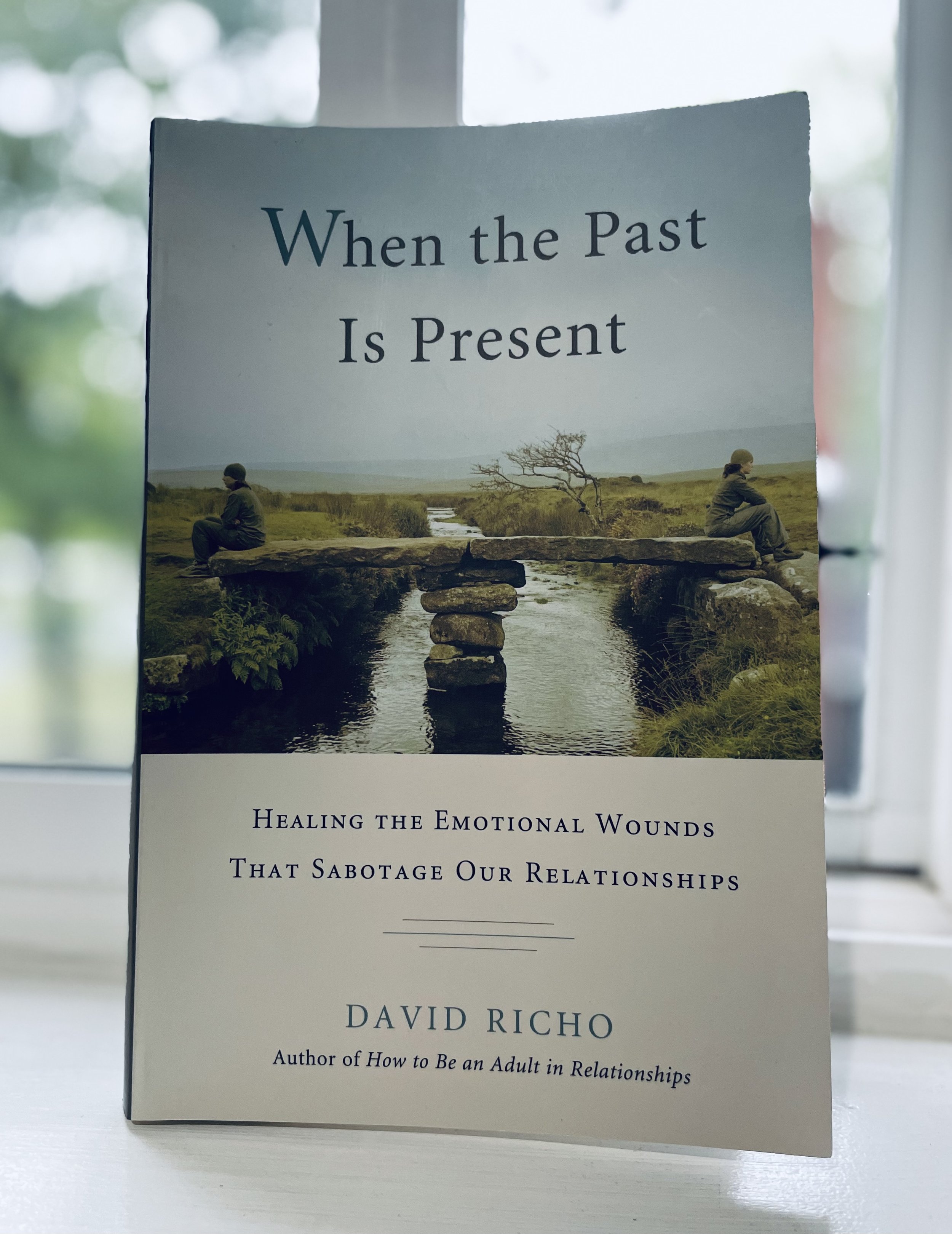
BIBLIOTHERAPY: When the Past Is Present by David Richo
Does our past impact our present and future? Absolutely! We are products of nature and nurture, and for many of us a lack of nurturance. Much of the work we do at Coriander Living Collective is supporting clients in understanding, processing, and healing from past experiences so they are able to show up differently now and in the future. Brainspotting and EMDR are wonderful modalities that create lasting shifts around past experiences and their impacts. Richo states, “We grow in our ability to know ourselves as we stabilize our lives through psychological and spiritual work.” Coriander Living Collective is here to support you in your growth! Just reach out. Open Floor classes are a wonderful way to practice our spiritual and psychological work! Join one soon!
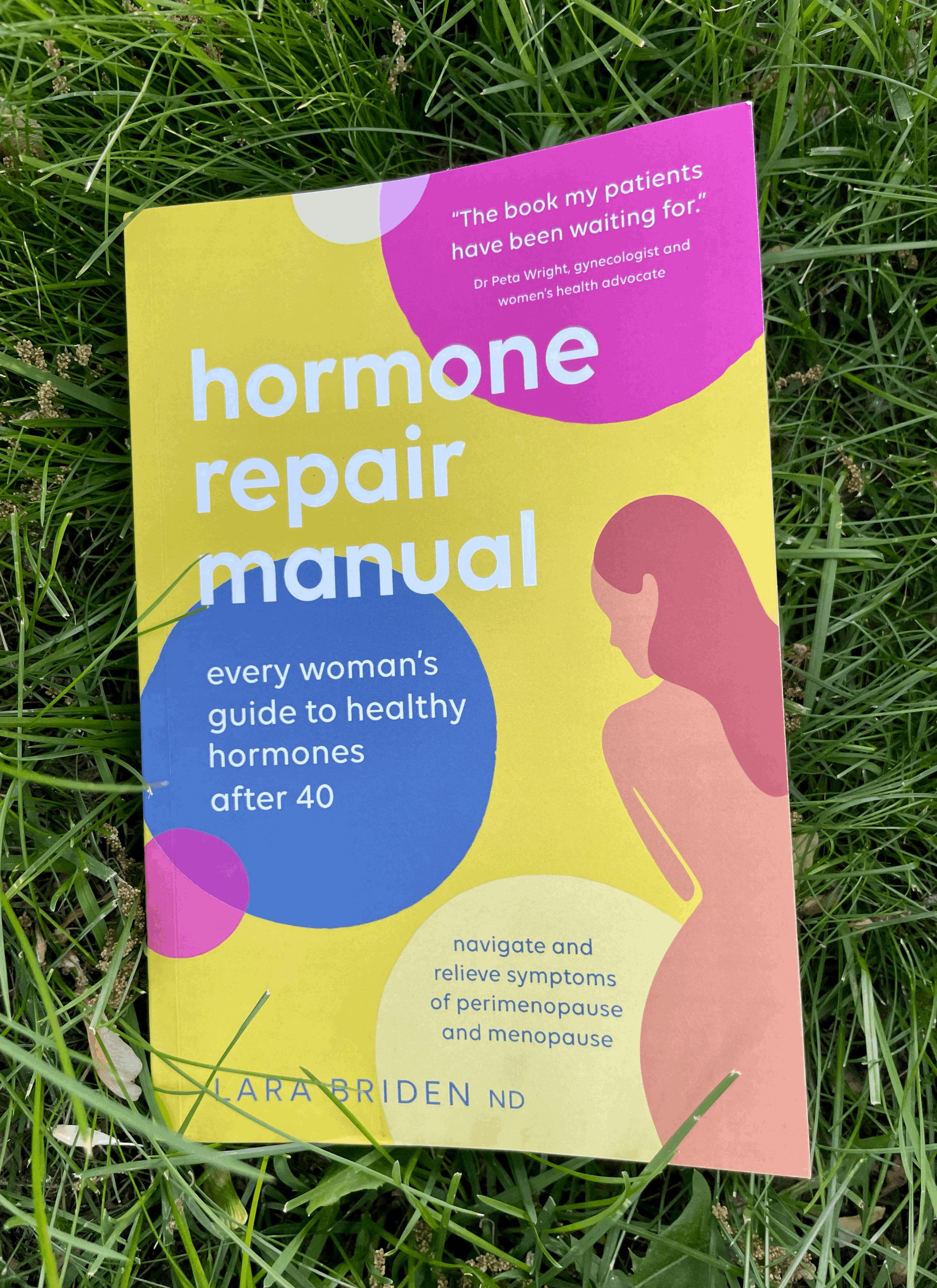
BIBLIOTHERAPY: Hormone Repair Manual: Every Woman’s Guide to Healthy Hormones After 40
If you are a woman that is 35+ years old, you must read this book. It’s wild to learn things about my own body that I did not know, curious why culturally we do NOT talk more about menopause and perimenopause, and empowering to have a guide as I navigate these coming years with clear, concise data and treatment interventions for optimal health.